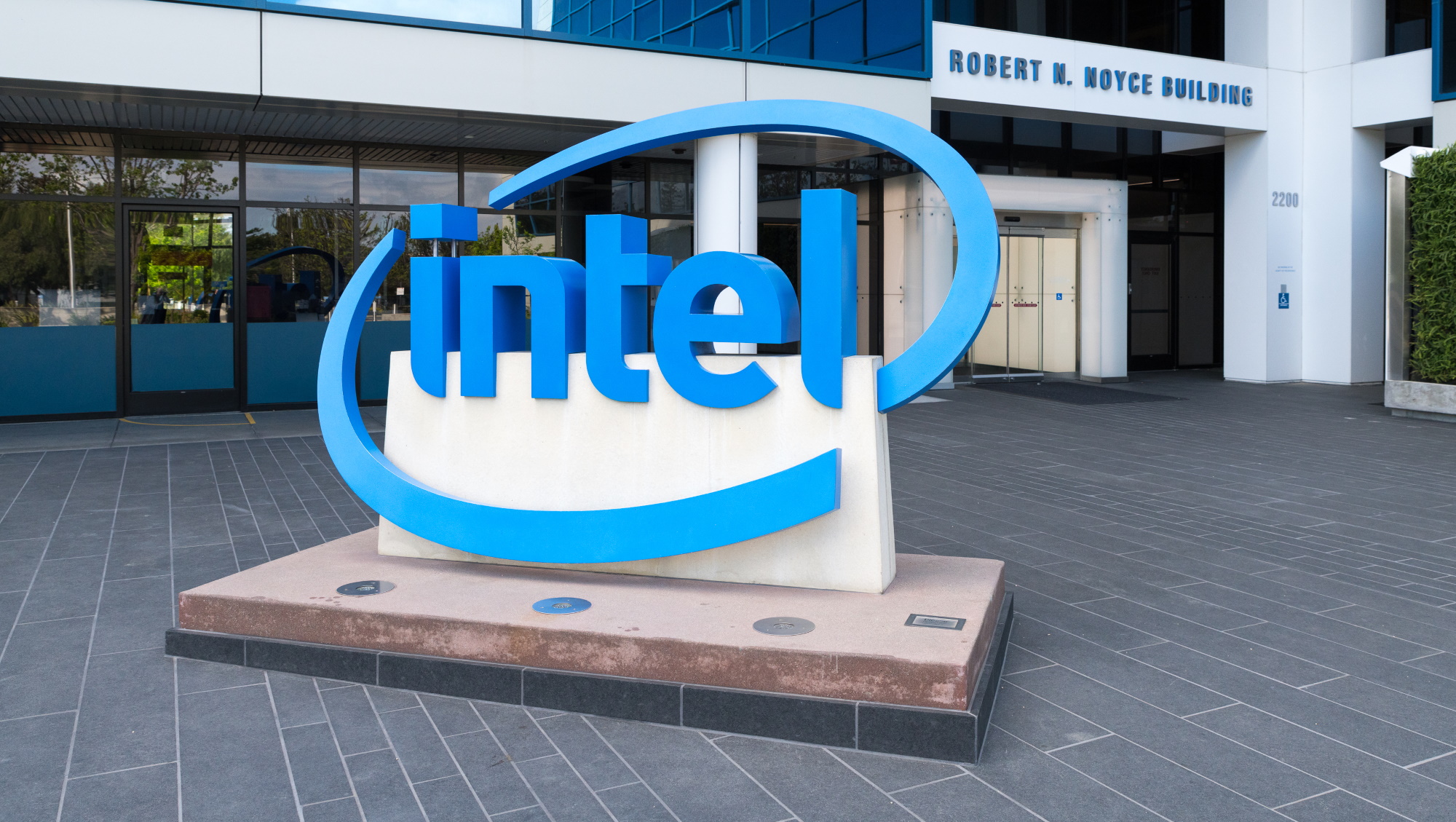Intel reveals new cut-price Xeon CPUs and more on Cascade Lake-X
Both ranges of processors are getting quite startling price cuts

Sign up for breaking news, reviews, opinion, top tech deals, and more.
You are now subscribed
Your newsletter sign-up was successful
Intel has taken the wraps off its new heavyweight Intel Xeon W CPUs and Cascade Lake-X processors.
Although most of the details about the latter were already spilled last week following a leak, the news still represents a huge boost for the chip giant.
The chip giant boasted that these new high-end desktop (HEDT) processors have been driven forward on the AI acceleration front courtesy of Intel Deep Learning Boost, which gives users an AI inference boost of 2.2x compared to the previous generation.
- Are Intel Apollo Lake processors already dying?
- Check out the best Intel processors
- Best small business servers of 2019
Intel also noted that these processors benefit from Turbo Boost Max Technology 3.0 which has been “further enhanced” to help beefy applications (such as simulation or modeling) run faster by more accurately prioritizing the fastest cores to take on the work at hand.
As mentioned, we’ve already seen all the details on the new 10th-gen Cascade Lake-X CPUs which have had their prices heavily slashed by Intel. The 18-core flagship Core i9-10980XE is set to retail at $979 (around £795, AU$1,450) compared to $1,979 (around £1,600, AU$2,920) for the previous-gen Core i9-9980XE.
The huge price drops continue down the range to the tune of 40% to 50%, with the base Core i9-10900X starting at only $590 (around £480, AU$870).
Core counts are the same for Cascade Lake-X compared to predecessor Skylake-X, but with the new processors, you’re getting a bump in single-core turbo boosts, with these chips capable of hitting 4.8GHz maximum Turbo (or 4.7GHz in the case of the 10900X).
Sign up to the TechRadar Pro newsletter to get all the top news, opinion, features and guidance your business needs to succeed!
For the full details on these Cascade Lake-X offerings, check out our previous story on the launch – they are coming in November, incidentally, or at least that’s the plan. And that’s when the new Xeon chips will be available, too, so let’s move on to take a look at them.
Xeon prices get slashed, too
Intel’s new Xeon W-2200 chips are targeted at pro-level creators and the likes of heavyweight rendering or CAD and indeed AI development.
There are eight processors in total, with the flagship Xeon W-2295 sporting 18-cores (36-threads) with a base clock speed of 3.0GHz, all-core Turbo to 3.8GHz, and a maximum boost speed of 4.8GHz. This is with a TDP of 165W, and recommended pricing is $1,333 (around £1,080, AU$1,970).
The next step down is the W-2275 with 14-cores and a base clock of 3.3GHz, all-core turbo to 4.1GHz, and the same 4.8GHz max boost as the flagship. The price for this chip is $1,112 (around £900, AU$1,640).
That’s followed by the W-2265, Intel’s 12-core Xeon offering which ups the base clock to 3.5GHz and all-core Turbo to 4.3GHz, again with the same max boost. The price in this case dips below the thousand mark at $944 (around £765, AU$1,390). All these chips have a TDP of 165W.
The range then runs down 10-core, 8-core and 6-core models, with a pair of quad-core (8-thread) CPUs nestling at the bottom. The cheapest is the W-2223 clocked at 3.6GHz with all-core Turbo to 3.7GHz and a TDP of 120W, which is set to retail for $294 (around £240, AU$430).
You also get support for up to 72 PCIe lanes and 1TB of memory with these Xeon processors, as well as ECC support and Intel vPro on the security front.
Intel notes that a 3D architectural rendering process run on Autodesk Revit with V-Ray is up to 10% faster with the new flagship CPU compared to the previous-gen product.
Again, prices on these new Xeon chips have been slashed to similar levels as seen with Cascade Lake-X, with the flagship model’s price tag pretty much being chopped in half.
Naturally, this can only really be seen as a response to the threat posed by AMD as we’ve already discussed in recent times, with Intel’s rival making major headway with Ryzen 3000 CPUs in the consumer desktop PC arena – and the threat of 3rd-gen Threadripper products looming large (AMD’s new HEDT offerings also arrive in November).
As ever when these sort of price wars kick-off in the computer components world, the end-user is the winner…
- Check out the best business PCs of 2019
Darren is a freelancer writing news and features for TechRadar (and occasionally T3) across a broad range of computing topics including CPUs, GPUs, various other hardware, VPNs, antivirus and more. He has written about tech for the best part of three decades, and writes books in his spare time (his debut novel - 'I Know What You Did Last Supper' - was published by Hachette UK in 2013).